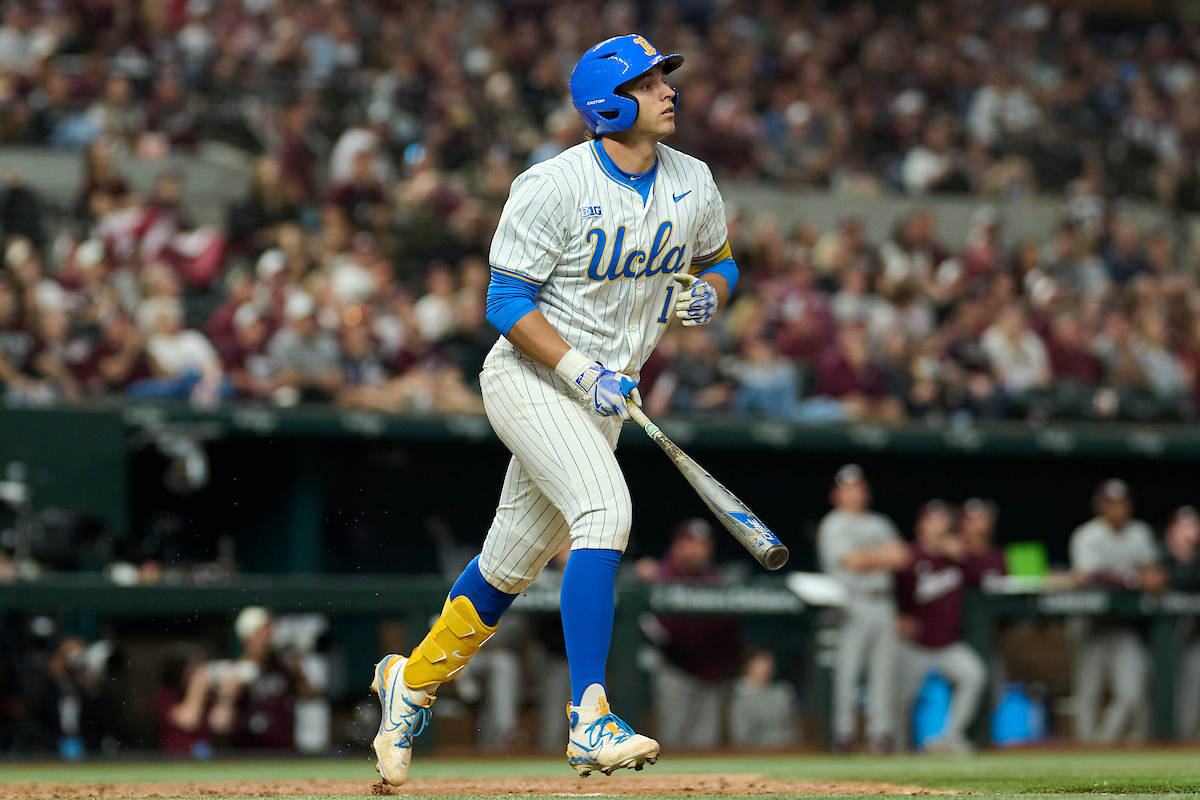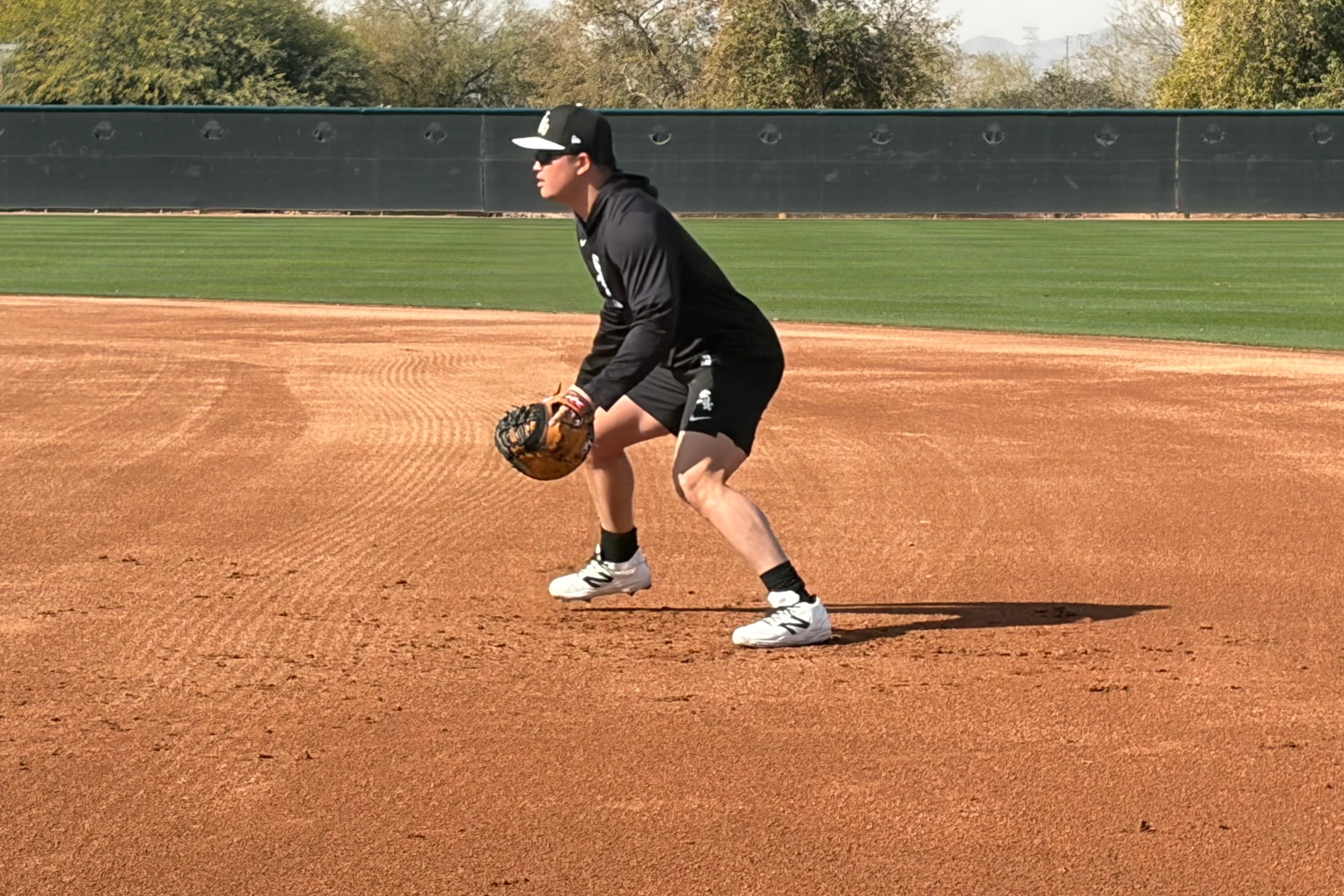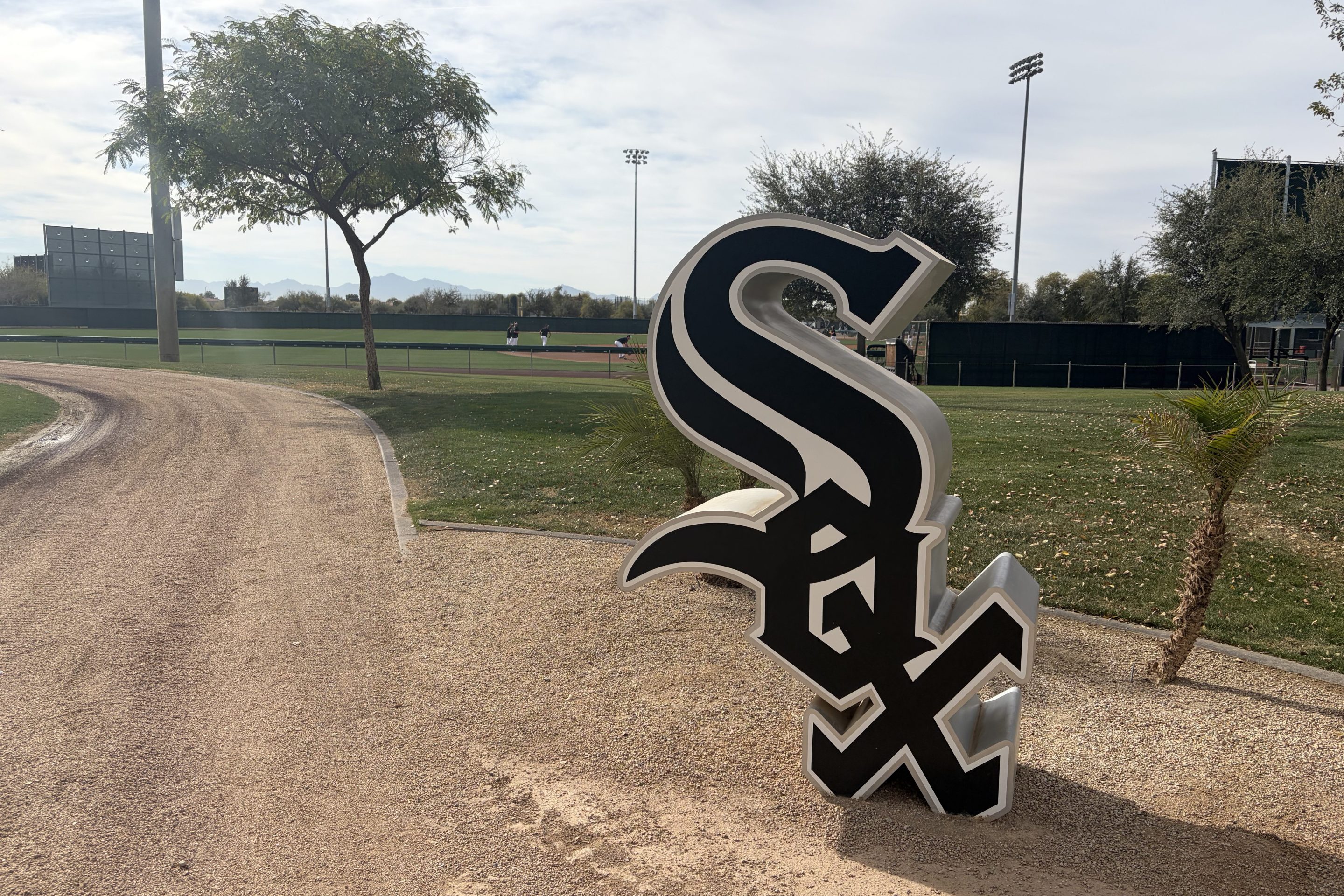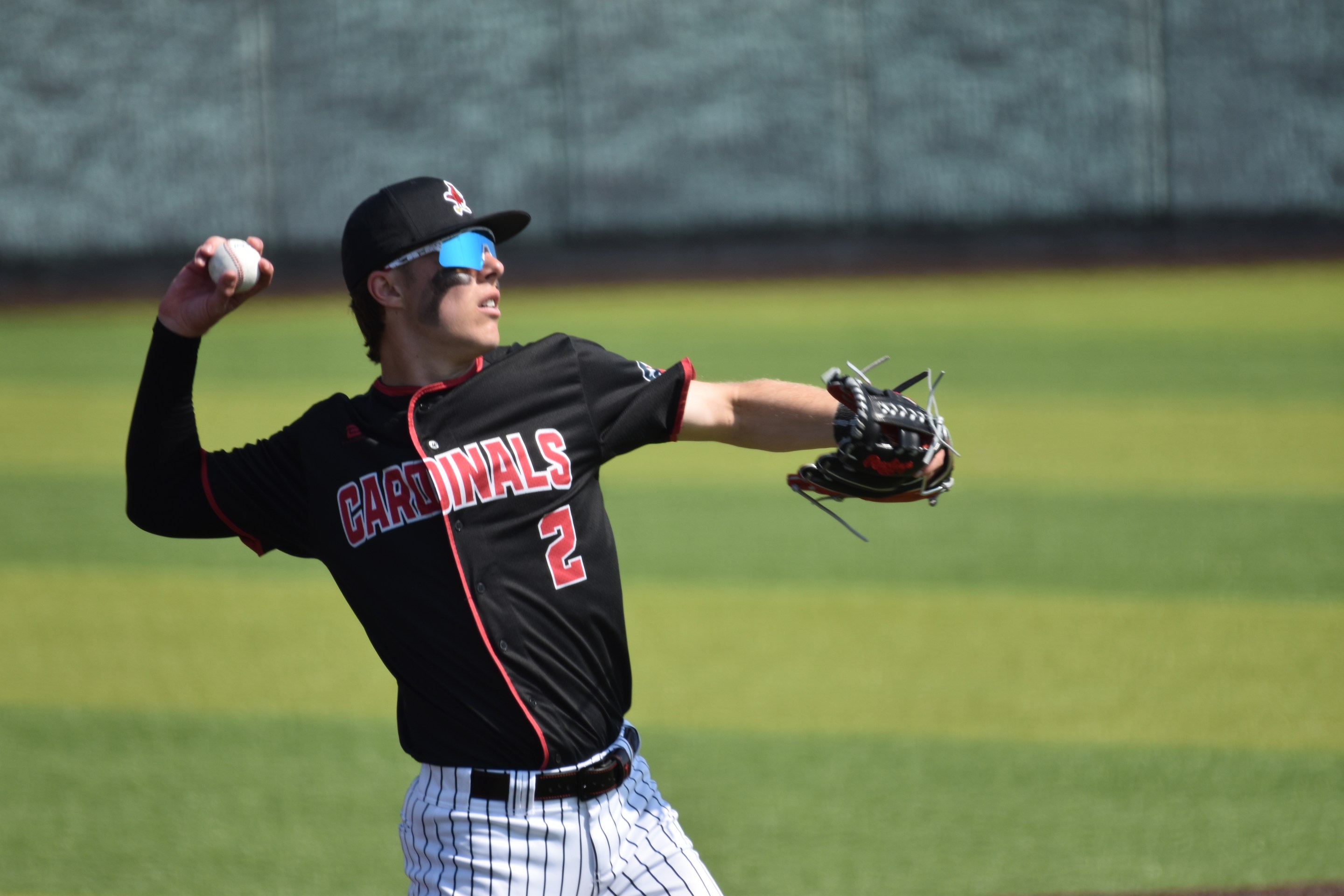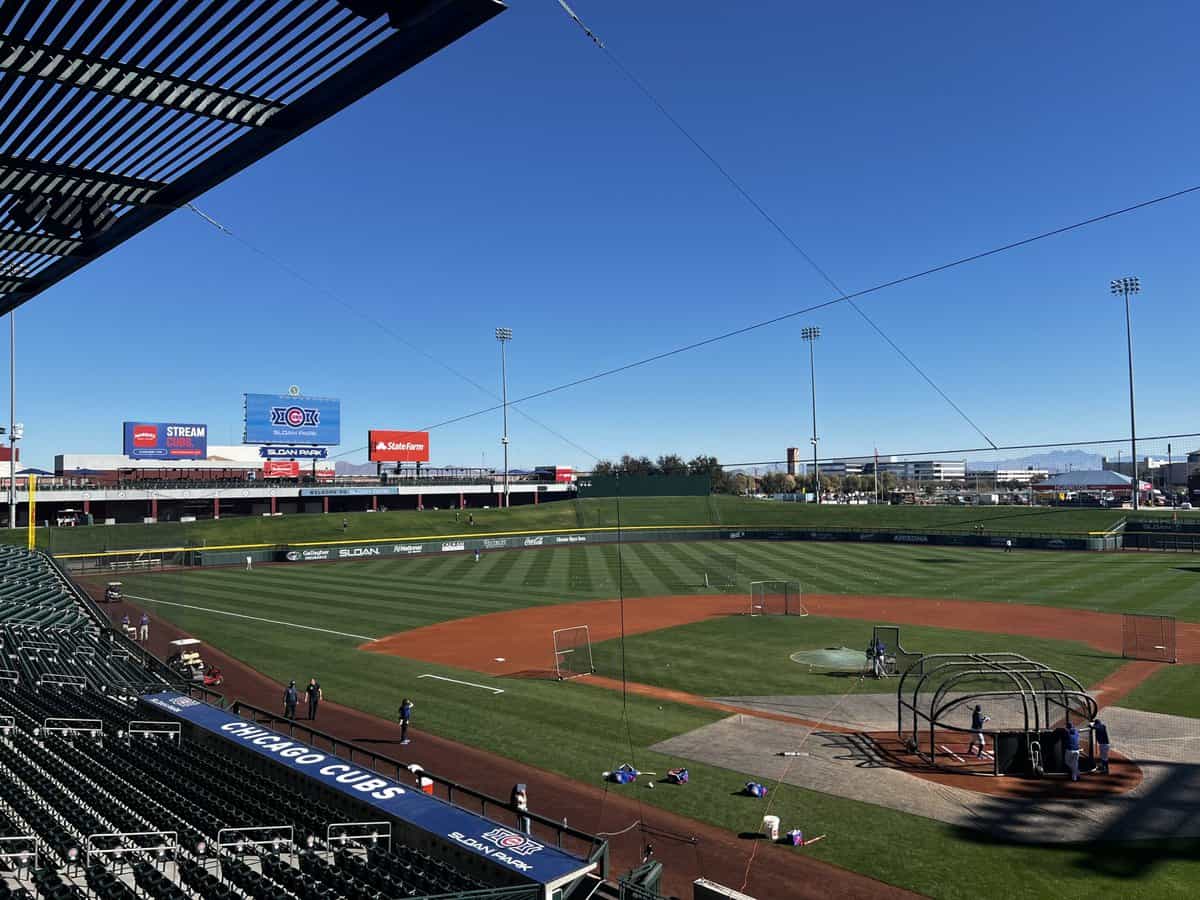One of the things Major League Baseball's social media arms enjoy doing this time of year is tweeting the name of its sport. Sometimes they expend a few other words with it:
And sometimes they eliminate all pretense.
It's a low-effort, high-yield strategy for engagement first and foremost, but given the two other most active storylines from the week, I'm also reading it as a cry for help. Pitchers and catchers report in but a few days, and the league would probably appreciate practice field photos of dubious quality to overwhelm the two other major stories consuming the attention of this particular world.
The banging scheme
If Rob Manfred had it his way, the punishments handed out in the wake of the league's investigation into the Houston Astros' sign-stealing tub-thumping system would have been the final word on the matter. One general manager was suspended (and fired), one manager was suspended (and fired), two other managers were fired due to their close association with executing the scheme on the ground level, and the players were generally blamed, but too dispersed, too unionized and too integral to the investigation to bother prosecuting on an individual level. It failed to satisfy entirely, but the league could at least say there were consequences.
But there were a couple of loose ends. For one, while A.J. Hinch was remorseful about his inability to stop the sign-stealing scheme despite taking out his displeasure on the video screens, nobody could quite explain why the manager's objections weren't enough to override what the league described as a player-driven scheme.
For another, the Astros hired Baseball Prospectus alum James Click to replace Jeff Luhnow as GM. That reminded me that fellow BP alum and current player personnel director Kevin Goldstein reportedly asked scouts to record the opponents' signs at the minor-league levels, and yet he went unpunished.
Well, this story from Jared Diamond in the Wall Street Journal ties up some of those loose ends while somehow making the big picture even murkier. Here's the lede:
On Sept. 22, 2016, an intern in the Houston Astros organization showed general manager Jeff Luhnow a PowerPoint presentation that featured the latest creation by the team’s high-tech front office: an Excel-based application programmed with an algorithm that could decode the opposing catchers’ signs. It was called “Codebreaker.”
This was the beginning of what has turned into one of the biggest scandals in Major League Baseball history. Throughout the 2017 season and for part of 2018, Astros baseball operations employees and video room staffers used Codebreaker to illegally steal signs, which were then relayed to batters in real time. Another Astros employee referred to the system as the “dark arts.”
The story describes the system as enhanced by the players and other dugout personnel, but the front office created it, and Luhnow was made aware of it. Luhnow tried to use the "didn't read the entire email" defense for plausible deniability, but other front office employees said he would have been dumb not to understand its value as decoding and relaying signs in real time.
In fact, one of those front office employees is the intern, who is now/still the senior manager for team operations.
The front office's team effort on this matter helps explain why Hinch might not have been empowered to end it himself, and why the players have largely escaped league scrutiny. But if everybody in the dugout was carrying out a scheme engineered by the front office, it's unclear why the organizational infrastructure that generated the scheme remains largely intact.
The Mookie Betts trade
What once appeared to be a relatively simple three-team trade four days ago ...
- Dodgers: Receive Mookie Betts and David Price from Red Sox
- Red Sox: Receive Alex Verdugo from Dodgers, Brusdar Graterol from the Twins
- Twins: Receive Kenta Maeda from Los Angeles
... has now lingered in limbo for reasons that remain unclear.
Officially, the Red Sox held up the trade because they didn't like what they saw on Graterol's medical report. Unofficially, they might not have liked that Graterol's high-effort brand of high-velocity pitching relegated him to relief work, even though the Twins had no real designs on using him as a starter for the same reason, and maybe they also didn't like the backlash from trading the second-best player in baseball for a lesser outfielder and a reliever.
This all started on Tuesday night, and of Sunday afternoon it's still unresolved. The MLBPA isn't happy.
In the days since, the Twins' reported involvement has ebbed and flowed, and it's understandable: They don't want to send the Red Sox more than previously agreed to because the Red Sox should have understood what they were getting. But the Twins still want Maeda, who would be a terrific addition to their rotation, so they're still in it. And because the Red Sox probably can't keep Betts after all this, they're still in it. And the Dodgers, who were on the verge of acquiring Betts while only sacrificing extraneous players, have interests in seeing it through as well.
So they're all still talking, and maybe when the smoke clears it'll take the shape of two separate trades.
Update: It's a done deal -- or deals.
- Dodgers receive: Betts, Price and $48M.
- Red Sox receive: Verdugo, Jeter Downs and Connor Wong.
And Minnesota and Los Angeles:
- Twins receive: Kenta Maeda and cash.
- Dodgers receive: Brusdar Graterol, Luke Raley and the 67th pick.

